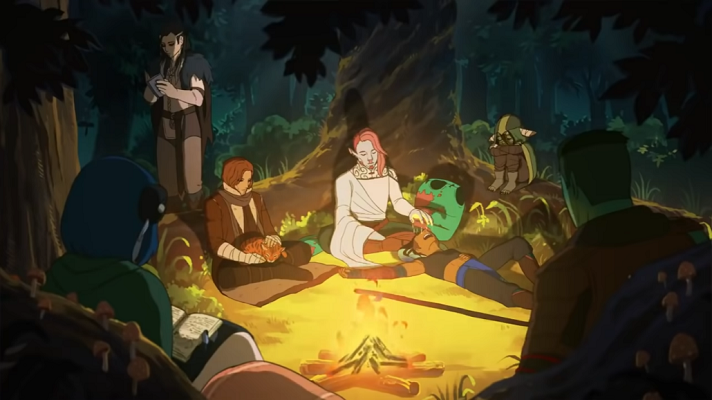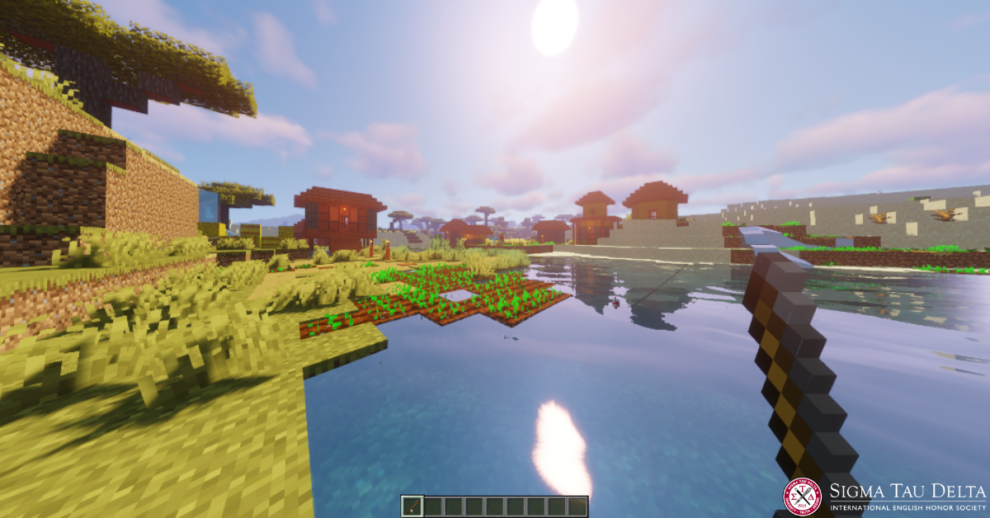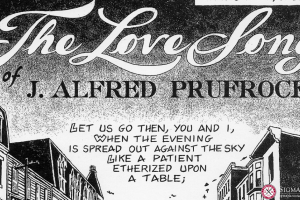While I grew up plagued, or perhaps blessed, by the kind of eyebags earned after a night devouring a book under the covers, I now develop a reminiscent eyestrain spending hours immersed in the gripping narratives of games.
On the surface, games are an addictive form of entertainment. I’m glued to the screen as I mine blocks or shoot zombie hordes with the click of a few buttons. Hours pass by in a flash.
But games can be defined as more than vapid time-killers; they tell stories. Games are, in other words, a form of literature.
* * *
Much like curling up with a good book for hours, games can offer comparably valuable experiences.
The repertoire of games popularized for their rich storytelling component is vast, and two of these genres are action-adventure video games and tabletop roleplaying games.
In action-adventure video games, the player progresses from Point A to Point B to Point C and so on. Much like a book, these games follow a linear plot.
- These games begin with context (setting) and introduction of conflict.
- Following the introduction, the player overcomes conflicts. This is the rising action.
- This gameplay continues until the final battle—the climax—and the resolution once the player wins the final battle. Then roll the final credits, like the acknowledgements at the end of a book.
One popular action-adventure game series comprises The Last of Us and The Last of Us II, in which the player follows the story of a man named Joel and a teen girl, Ellie, through a zombie apocalyptic setting. The games are, for the most part, linearly plotted. However, beyond plot, they are well-renowned for breathtaking character development and narrative.
Game reviewer Colin Moriarty likens the first game to The Road, “a literary masterpiece. . . . [L]ike The Road, what happened to get society to a point of rapid decay isn’t the focus. It’s the story of the characters at hand, and those characters alone, at the center of both plots.” Like reading an impactful book, players will critically analyze and produce substantial discourse about these games, even years after release. These games wreak the emotional disturbance that literature does.
And I, for one, cried many times playing these games.

* * *
Tabletop roleplaying games (TTRPGs) involve a group of players embodying original characters and verbalizing their actions to progress the game. Perhaps the most popular TTRPG is Dungeons & Dragons (D&D), a fantasy game for a group of players to navigate quests and interact with the environment of the world.

Each gaming session is led by one player, called the Dungeon Master (DM). The DM creates the world for the characters to interact with and facilitates a main storyline. In other words, the DM world-builds, similar to a fantasy writer, and loosely plots. The heart of this game is “story,” and the richness of the stories are comparable to that of literature.
I discovered this game during summer 2021 and quickly found that the game creates a literary magic in the understated, reverent moments as my group’s characters exchange life-stories by a campfire or banter on the road before fighting for each other’s lives side-by-side. These emotionally rewarding moments weaved between plot points are what makes this game a fulfilling practice in storytelling.
* * *
Games further literacy, not combat it.
Like books, I find the colorful, immersive world of games cathartic, entertaining, and edifying. The stories in games allow me to live others’ experiences.
Simply put, storytelling resides at the core of gaming. And what are stories for, if not to learn and become better people for experiencing them?
 Rica Lelina
Rica Lelina
Student Representative, Southwestern Region, 2021-2022
Alpha Psi Nu Chapter
The University of Texas at Dallas, Richardson, TX
Sigma Tau Delta
Sigma Tau Delta, International English Honor Society, was founded in 1924 at Dakota Wesleyan University. The Society strives to
- Confer distinction for high achievement in English language and literature in undergraduate, graduate, and professional studies;
- Provide, through its local chapters, cultural stimulation on college campuses and promote interest in literature and the English language in surrounding communities;
- Foster all aspects of the discipline of English, including literature, language, and writing;
- Promote exemplary character and good fellowship among its members;
- Exhibit high standards of academic excellence; and
- Serve society by fostering literacy.
With over 900 active chapters located in the United States and abroad, there are more than 1,000 Faculty Advisors, and approximately 9,000 members inducted annually.
Sigma Tau Delta also recognizes the accomplishments of professional writers who have contributed to the fields of language and literature.
Sigma Tau Delta accepts submissions to our blog, WORDY by Nature, throughout the year from all membership categories (students, Advisors, and alumni). If you are interested in submitting a blog, please read the Suggested Guidelines on our website to check if your topic is a good fit and to verify your article is correctly formatted. Email any questions and all submissions to: [email protected].






Add Comment